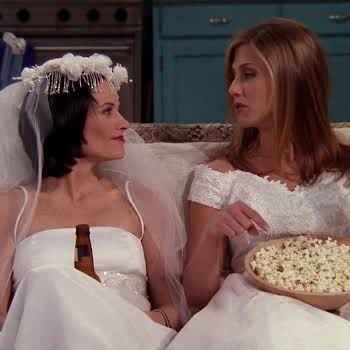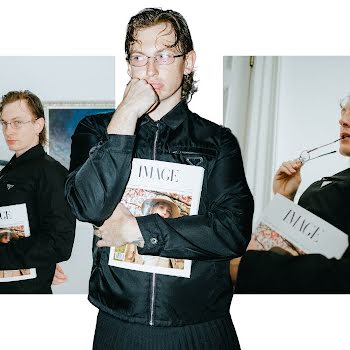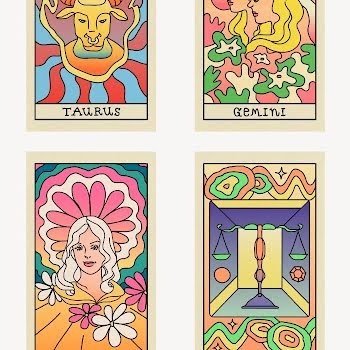
Why your college years might not be the best years of your life, and that’s ok
By Lia Hynes
17th Sep 2020
17th Sep 2020
Lia Hynes did not have the ‘time of her life’ in college. But every cloud has a silver lining…
College is where we go to find ourselves, right? So we’re told. It’s a natural conclusion, when you think about it. The first time in your life when you experience proper autonomy. Self-determination.
Off the conveyor belt of school, you get to choose your next step, rather than have it set out for you. The self expression of it. Or not.
When all around seem to be having the time of their lives, it feels like failing if you are not.
Putting aside the argument that expecting eighteen year olds with little to no real experience of the working world to have the first notion of what kind of career they would like, and therefore what further academic studies they should pursue, is somewhat nonsensical, the reality of starting university is that the leapfrog from the security of the known of school to the absolute unknown, parameter-less, world of college, can be the opposite of freeing.
In some cases, it is totally overwhelming. Rather than finding yourself, college can be the place you lose yourself. At least for a time.
I studied at Trinity College. Two boys from my school year also went there. Lovely guys, but we hadn’t been particularly friendly during school, so it seemed a little hypocritical to suddenly cling to each other during the madness of Freshers’ Week. It was only months later that I realised that the reason it seemed like everyone else seemed to have made friends within minutes of passing through Front Arch was that they had already known each other. They were either now living together in halls of residence or previous to college had attended (mostly Southside) schools together.
the experience had kicked off a theme that to some extent lingered for the rest of my college years; feeling slightly out of step, slightly outside the group
I was studying Drama and Theatre Studies at the Samuel Beckett Centre. Not my first choice, as it happened, but I had been chosen out of many and offered a place based on my audition (a guidance teacher had recommended the course for its mixture of academia and practical work), and I had decided to at least give it a try.
Almost instantly I knew that had been a mistake. There was a weekly acting class alongside the theory classes. To most rational people, this was merely a nice distraction from the more library-based work of the course. For me, a person with barely an “extra” extrovert bone in her body at that time, it was a nightmare. Things reached a head the week we were asked to pretend to be trees, then trees on fire, which then turned into water, at which point most of my classmates threw themselves on the ground and began to writhe around on the floor.
I arrived at the door of my tutor’s office begging to be moved. I would take anything, just no more having to pretend to be a piece of furniture, stuck levitating in mid-air for half an hour in an approximation of a chair.
Luckily, I had the points to move, and eventually ended up with my original first choice: English and History. But the experience had kicked off a theme that to some extent lingered for the rest of my college years; feeling slightly out of step, slightly outside the group, not really enjoying this whole thing as much as everyone else seemed to be.
Not living in halls of residence, I was without that immediate gang of friends. Sitting in large lecture halls is not conducive to making friends, an experience most of my school friends who attended UCD also shared. Not really a joiner, I was too shy for most of the clubs. Used to fairly easy academic achievement in school, I found myself a small fish in a larger pool of top-of-their-classers. Sitting through the endless introduction courses that are the hallmark of an arts degree, it wasn’t until the final years that the academic side of things got interesting- more like the workplace, something to get your teeth into.
“Not awful, just not brilliant”
When all around seem to be having the time of their lives, it feels like failing if you are not.
Told these should be years of great fun, the sense of pressure when you find your own experience not living up to these expectations can be immense.
It took me years to admit, even to myself, that college was not the happiest time of my life. Not awful, just not brilliant.
In an interview with Elizabeth Day for her podcast How To Fail, journalist and author Sathnam Sanghera recalls his experience at Cambridge as one of a sense of social rejection, in his case what he later realised was down to class differences. “I found it really socially bewildering. I think it’s taken me twenty years to understand what was happening. There were kids there who were middle class who were pretending to be poor, because that was a cool thing to do in the late Nineties. I was poor, and I was pretending I wasn’t, I was aspirational. I couldn’t even make sense of it.
As soon as you arrived everyone else seemed to know each other. And I didn’t. Now I realise what happened. They all went to similar schools. They literally knew each other. Having done very well at school, and been Head Boy at my grammar school, it was a completely different milieu. And I just didn’t understand it…. it’s taken me a long time to understand actually it was about class. I basically made three friends (one of whom was the comedian and TV presenter John Oliver), and they all felt the same.”
John Oliver, he goes on to recall, was president of the dramatic society, Footlights, a person would one think was at the centre of things, having a wonderful time at college. In fact, Sanghera reveals, Oliver never enjoyed college. Something to remember if you feel like your college experience is not the whirl of easy sociality everyone else’s seems to be.
In fact, the social rejection Sanghera and his two best friends felt from the establishment at Cambridge turned out to be a “real gift”, he tells Day, as it meant they transferred all their efforts into developing their passions. By the second year of college Sanghera was writing for The Telegraph newspaper.
True friendships
I had always slightly looked at my own college years as something of my failure as I had never found my people the way I have so easily in school before university, and work afterwards. A degree from Trinity College can be a handy calling card- when I first became a journalist snooty enquiries as to my qualifications from the occasional older colleague could be easily quashed by the retort- ‘an honours degree in English and History from Trinity actually’.
Far more important though- last week I went for dinner with my two real friends from that time. Both absolute diamonds, they are proper, true friends. We may not see each other for months, but can instantly get straight into a catch up when we do. I know their families, we have holidayed together, now our girls play together when we meet up.
A time that rendered up two such friendships, which look set to last a lifetime, cannot be deemed a failure.
Related: Starting college? Here are the best, new and classic, campus novels to read
Related: Millenials: Entitled to work/life balance? Or just entitled?























